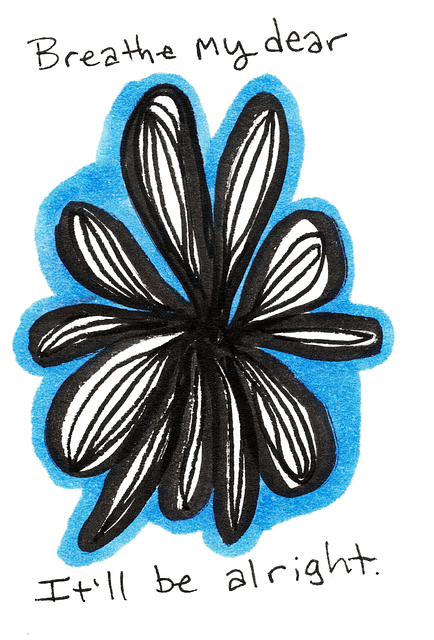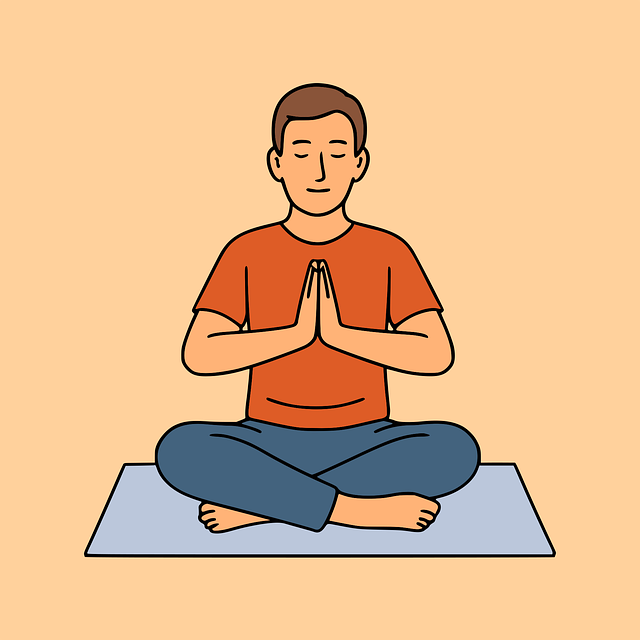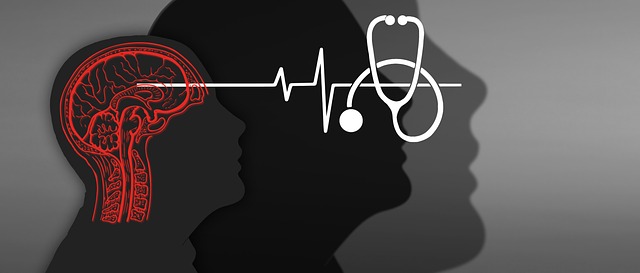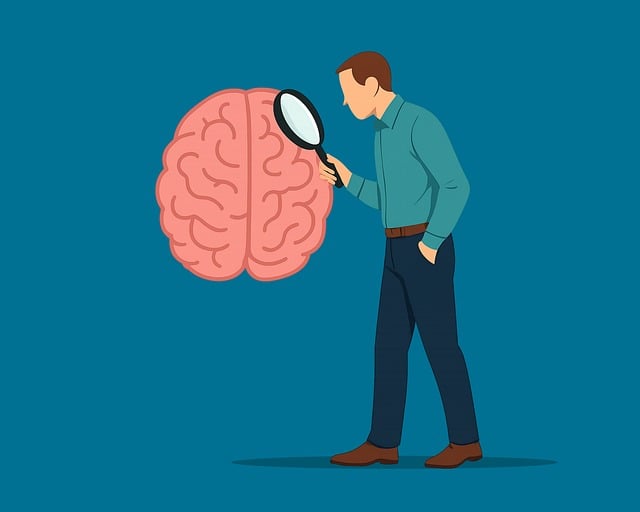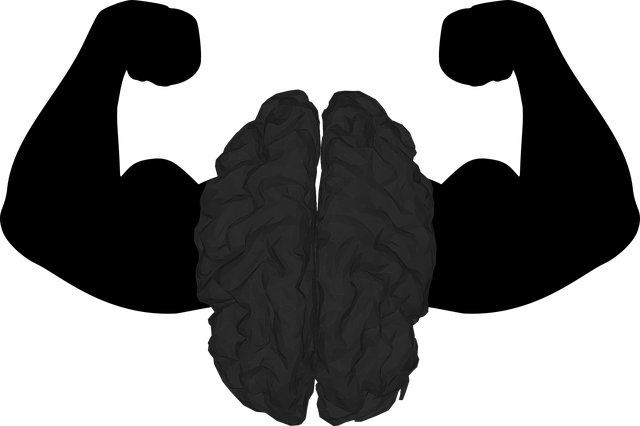Aurora Phobias Therapy offers a holistic approach to mental health by addressing social anxiety at its root, missing link in traditional therapy. They focus on building essential social skills through tailored exercises, role-playing, and group therapy, empowering clients to confidently navigate interactions. Culturally sensitive, evidence-based practices make effective treatment accessible, integrating diverse techniques into their programs. Through community outreach and support, Aurora Phobias Therapy enhances well-being, fostering personal growth and improved quality of life for individuals with social anxiety disorders.
Social skills training is a powerful tool for managing mental health conditions, especially social anxiety. This comprehensive guide explores the intricate connection between social interactions and psychological well-being, highlighting how enhancing communication abilities can significantly improve mental health outcomes. We delve into effective strategies, including the benefits of Aurora Phobias Therapy, practical tips for building confidence in social settings, and the transformative power of group support networks.
- Understanding the Link Between Social Skills and Mental Health
- The Role of Aurora Phobias Therapy in Overcoming Social Anxiety
- Practical Strategies for Developing Social Skills
- Building Resilience Through Group Support and Practice
Understanding the Link Between Social Skills and Mental Health

The connection between social skills and mental health is a crucial aspect often overlooked in traditional therapy models. Many mental health conditions can significantly impact an individual’s ability to interact socially, leading to feelings of isolation and exacerbating symptoms. For instance, individuals with social anxiety disorders may struggle with initiating conversations or maintaining eye contact, which can make social gatherings distressing. Similarly, those dealing with depression might withdraw from social activities, further hindering their social skills development and contributing to a negative feedback loop.
At Aurora Phobias Therapy, we recognize that addressing these social challenges is integral to holistic mental health improvement. Our approach focuses on teaching coping skills and promoting self-care routine development to enhance individuals’ confidence in social settings. By mastering basic social interaction techniques, one can actively manage their conditions more effectively. Additionally, risk management planning for mental health professionals plays a vital role in providing ongoing support, ensuring clients feel equipped to handle various social scenarios as they navigate their personal growth journeys.
The Role of Aurora Phobias Therapy in Overcoming Social Anxiety

Aurora Phobias Therapy plays a pivotal role in helping individuals overcome social anxiety, offering a targeted and effective approach to mental health support. This innovative therapy goes beyond traditional stress management workshops by delving into the root causes of social anxiety, often linked to specific phobias like fear of public speaking or social situations. Through tailored exercises and strategies, it empowers clients to manage and gradually reduce their anxiety responses.
The method integrates elements from various therapeutic modalities, catering to diverse needs within the community. By incorporating cultural sensitivity into mental healthcare practice, Aurora Phobias Therapy ensures that individuals from different backgrounds feel understood and supported. This inclusive approach is further enhanced through Community Outreach Program Implementation, making evidence-based treatment accessible to a wider range of people.
Practical Strategies for Developing Social Skills

Developing social skills is a crucial aspect of healing and recovery for individuals managing mental health conditions. At Aurora Phobias Therapy, we understand that building connections and fostering relationships can be challenging, especially when dealing with anxiety disorders, depression, or post-traumatic stress disorder (PTSD). Our approach to social skills training focuses on practical strategies that empower clients to navigate social situations with confidence and ease.
One effective method is role-playing, where individuals simulate various social interactions in a safe environment. This technique allows them to practice initiating conversations, maintaining eye contact, and interpreting non-verbal cues. Additionally, group therapy sessions provide an opportunity for members to learn from one another’s experiences and build a support network. Through these activities, our clients gain the resilience needed to engage with others, whether it’s joining community outreach programs or participating in social events, ultimately enhancing their overall well-being and quality of life.
Building Resilience Through Group Support and Practice

In group settings facilitated by professionals like Aurora Phobias Therapy, individuals with mental health conditions can build resilience through shared experiences and support. This collaborative environment encourages open communication, fostering a sense of belonging and understanding among participants. By practicing mindfulness meditation together, for instance, they learn to navigate their emotions more effectively, enhancing emotional well-being promotion techniques. These sessions are designed in the context of Mental Health Education Programs, where individuals gain insights into managing their conditions while cultivating positive coping strategies.
Through regular group interactions, members develop crucial social skills, improving their ability to connect and interact with others. This support network provides a safe space for practicing these skills, which can be challenging in other settings. The group dynamic allows for role-playing scenarios that mimic real-life situations, helping individuals anticipate and respond to various social cues. By engaging in these activities, participants not only build confidence but also gain valuable tools to navigate their daily lives with greater ease and resilience.
Social skills training, particularly through innovative approaches like Aurora Phobias Therapy, plays a pivotal role in managing mental health conditions, especially social anxiety. By combining practical strategies with group support, individuals can develop resilience and enhance their overall well-being. This holistic approach ensures that those facing social challenges receive the necessary tools to navigate social interactions confidently, ultimately improving their quality of life.



